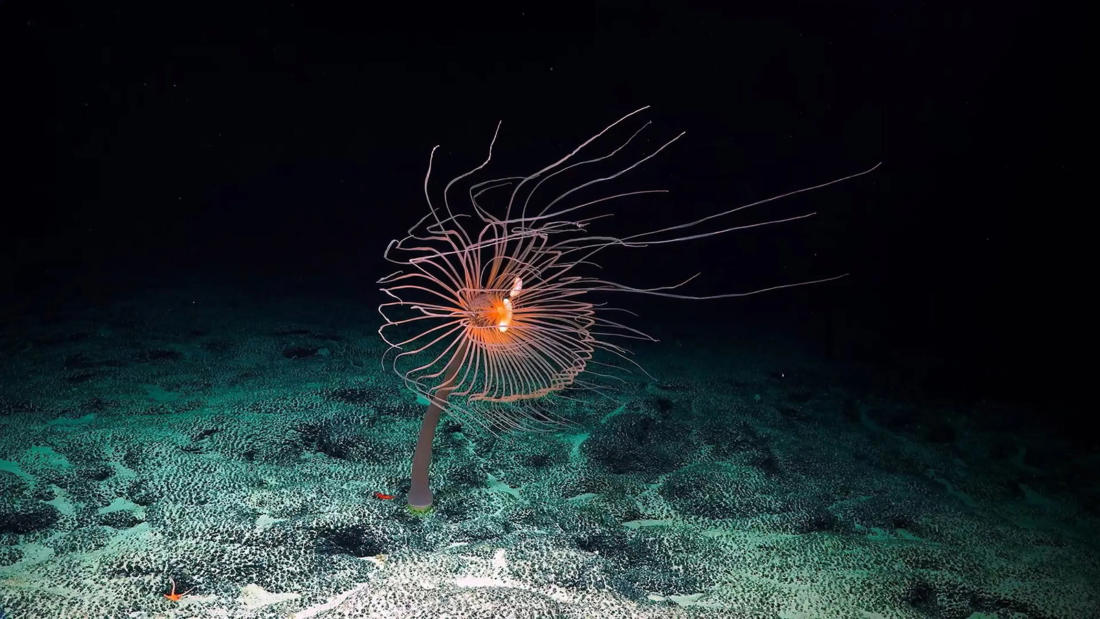
Cameo Cinema St Helena, CA
Stephen Palumbi
Professor of Marine Biology, Hopkins Marine Station
Deep Rising— Promise and peril of deep-sea mining
Program Description
While some are seeing deep-sea mining as an alternative pathway to cheap energy, Science paints a concerning picture of the environmental havoc deep-sea mining could unleash.
Presented At
Cameo Cinema St Helena, CA
Film Synopsis
The fate of the planet's last untouched wilderness, the deep ocean, is under threat as a secretive organization is about to allow massive extraction of seabed metals to address the world's energy crisis.
An epic journey from the deepest depths of our ocean—the most uncharted and inaccessible place on our planet—to the future of green energy, and learn how the two are inextricably linked. Narrated and executive produced by Jason Momoa, and interwoven with awe-inspiring footage of the deep’s most dazzling creatures, Deep Rising illuminates the vital relationship between our ocean’s fragile and mysterious ecosystems, and sustaining all life on Earth.
A riveting tale of geopolitical, corporate and scientific intrigue, the film exposes the inner workings of the International Seabed Authority (ISA): a secretive United Nation instrument which oversees nearly half our planet’s surface on the ocean floor. The ISA is empowered to greenlight the massive extraction of metals from the seabed which are deemed essential by some to fulfill demand for the current electric battery technology. As extractive conglomerates pivot investments from oil and gas to deep-ocean mining, Deep Rising asks why we don’t instead choose to develop abundant resources to solve our growing energy demands.
Photo credit: Abramorama
About the Speaker
Stephen Palumbi is a Professor of Marine Biology at the Hopkins Marine Station. Steve has long been fascinated by how quickly the world around us changes. Work on the genomics of marine organisms tries to focus on basic evolutionary questions, but also on practical solutions to questions about how to preserve and protect the diverse life in the sea. Steve has lectured extensively on human-induced evolutionary change, has used genetic detective work to identify whales, seahorses, rockfish and sharks for sale in retail markets, and is developing genomic methods to help find ocean species resistant to climate change. Work at the Hopkins Marine Station focuses on how kelp, sea urchins, abalone and mussels respond to short term environmental changes and to environmental shifts over small spatial scales.